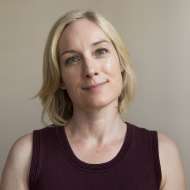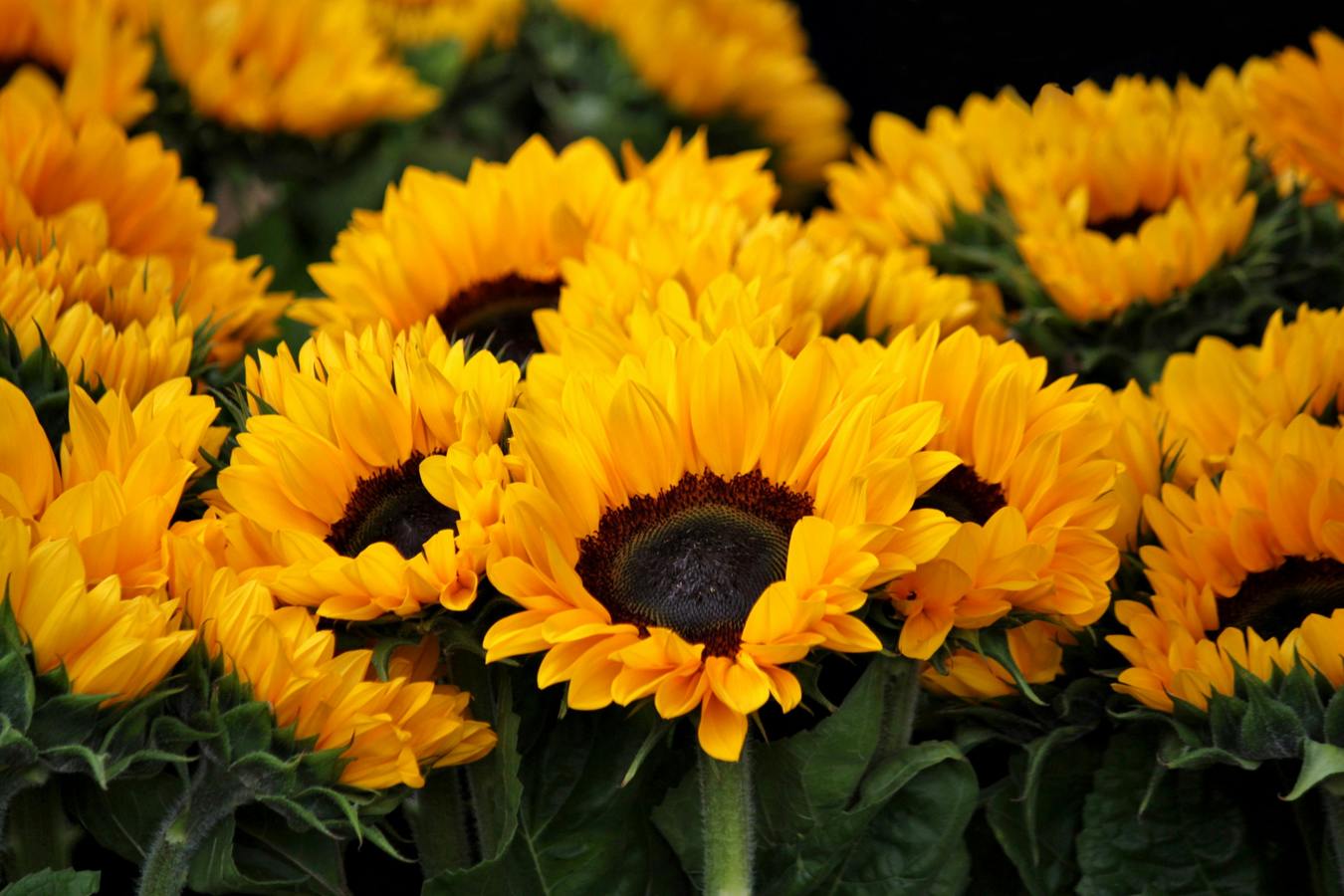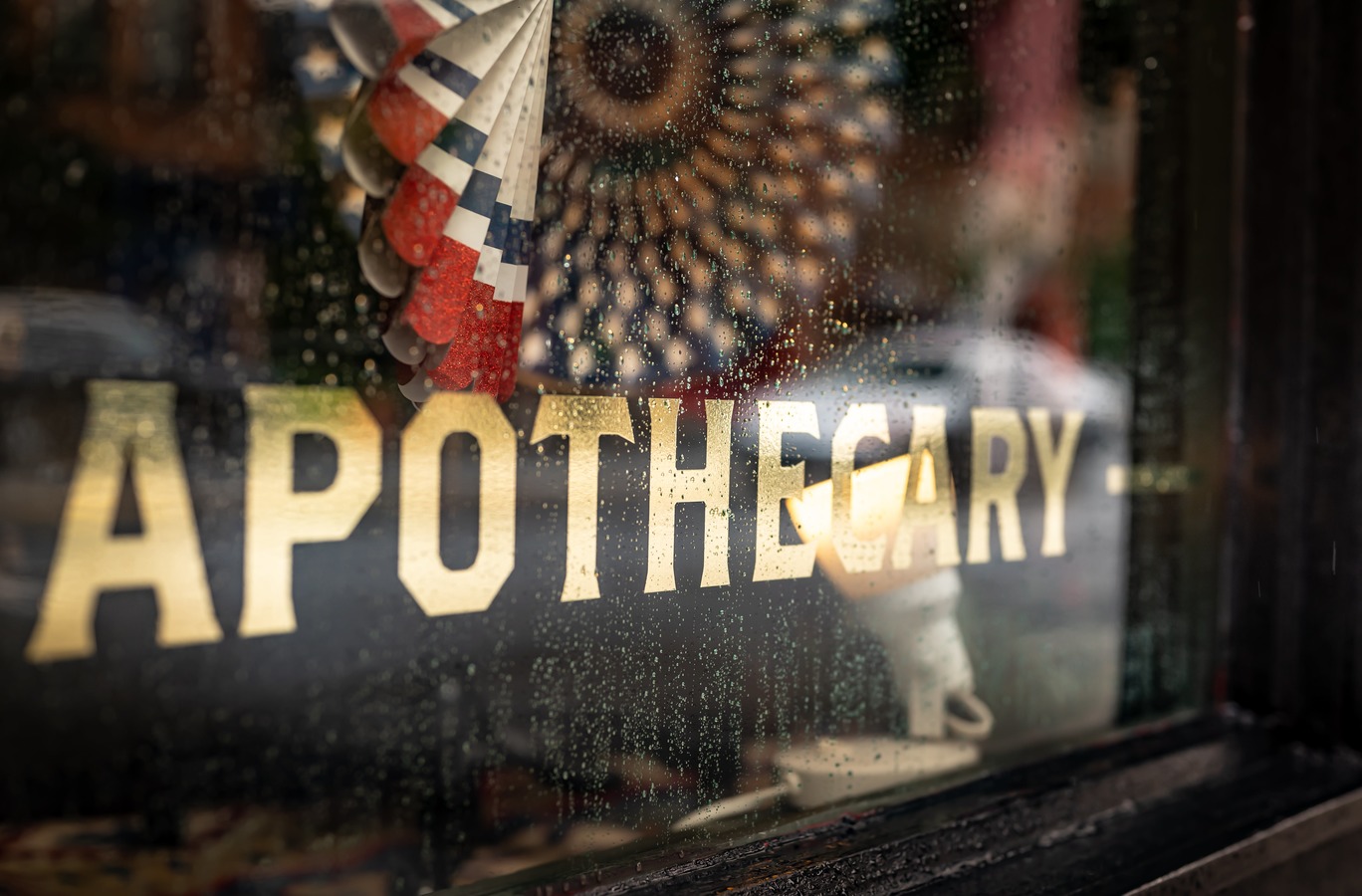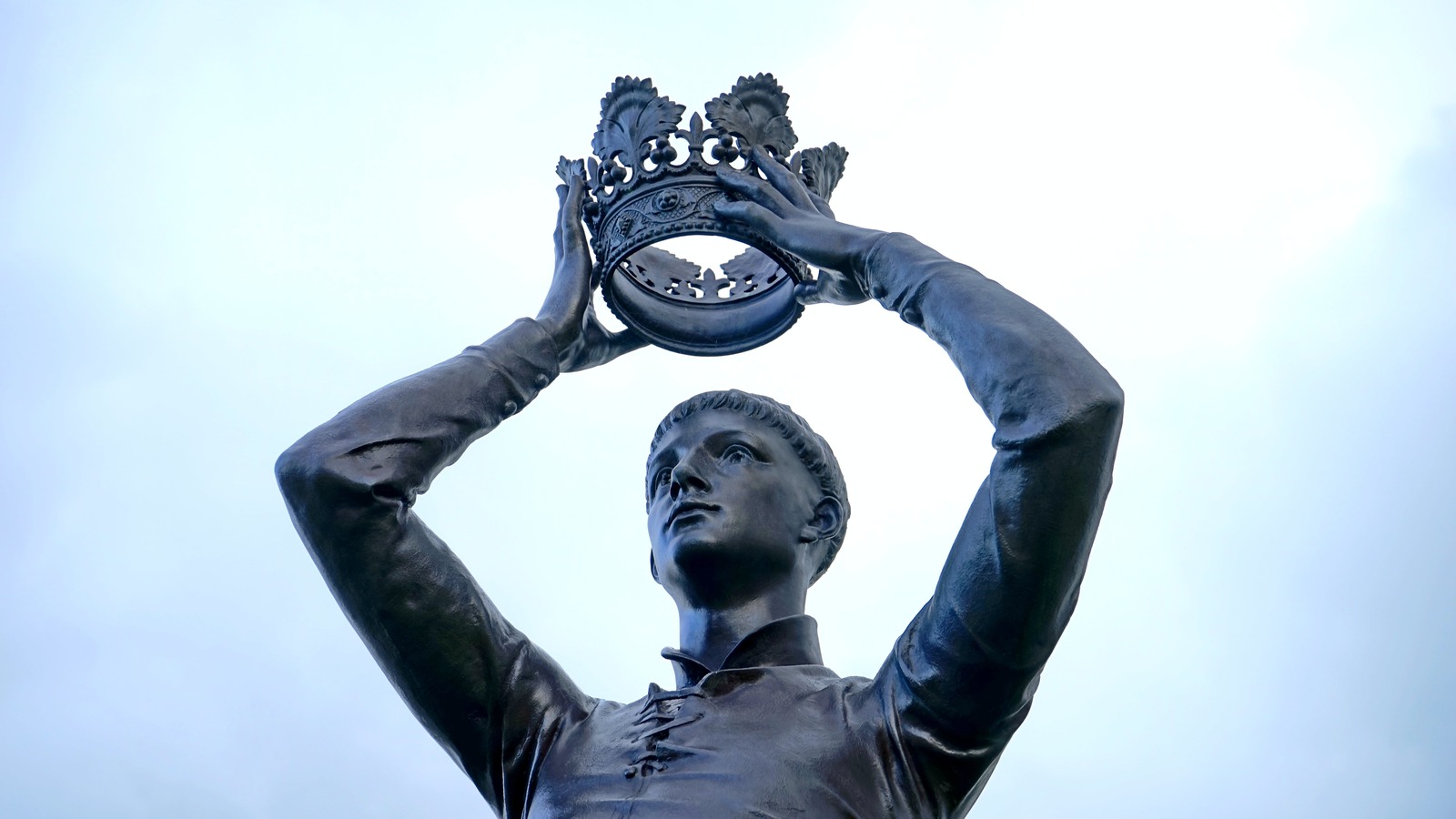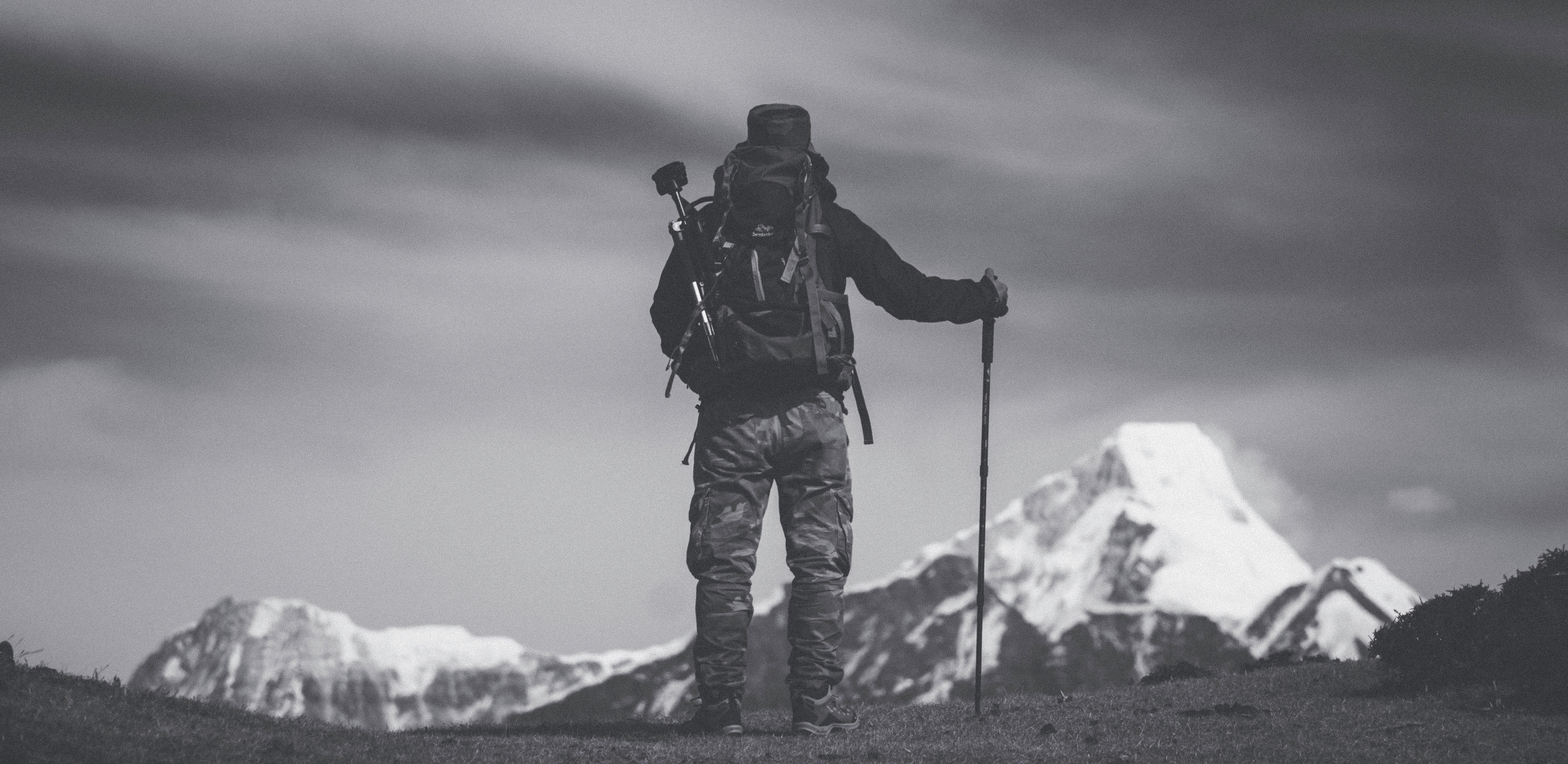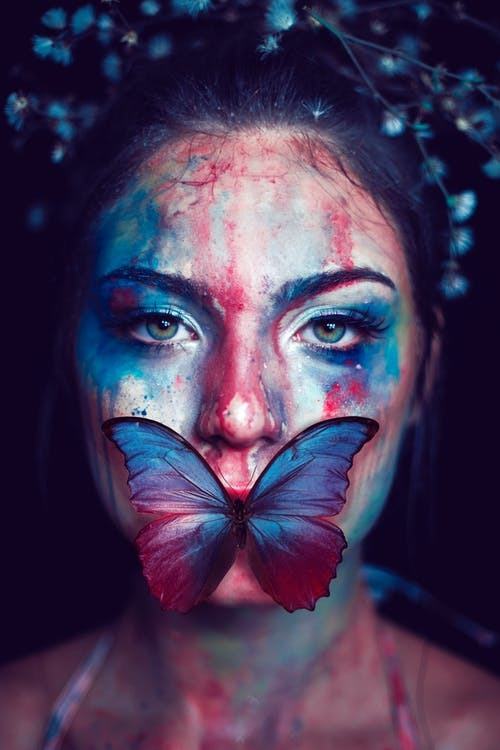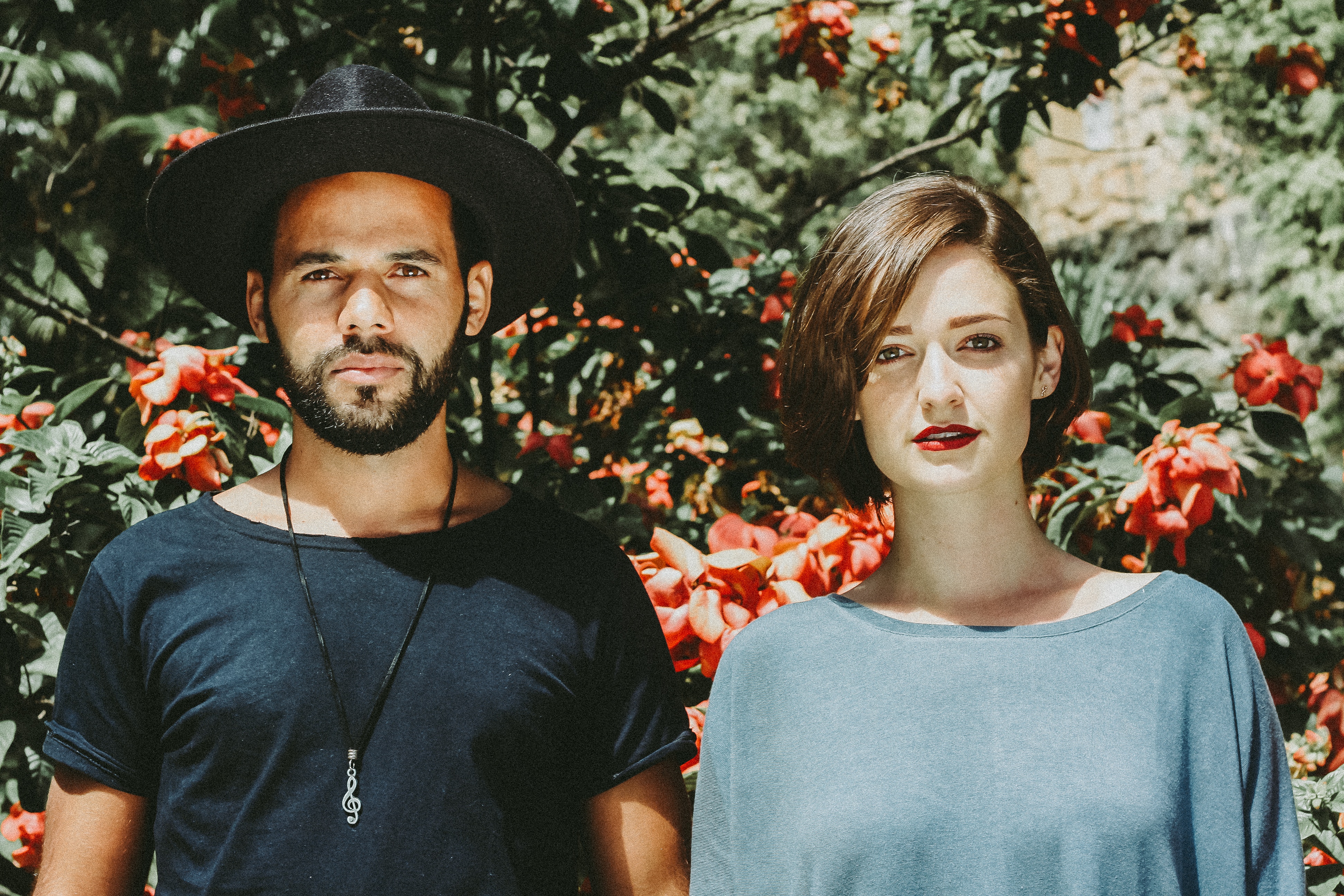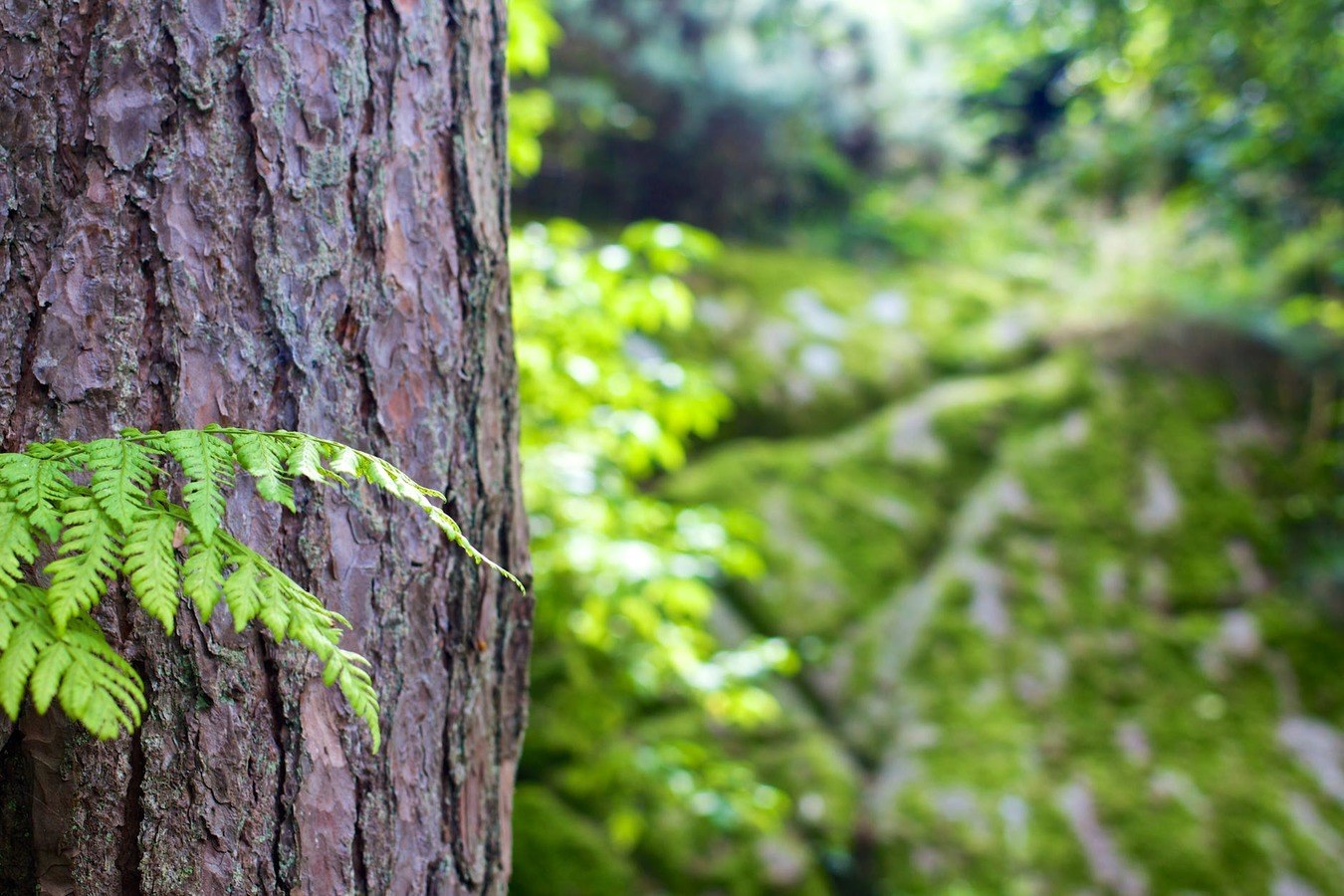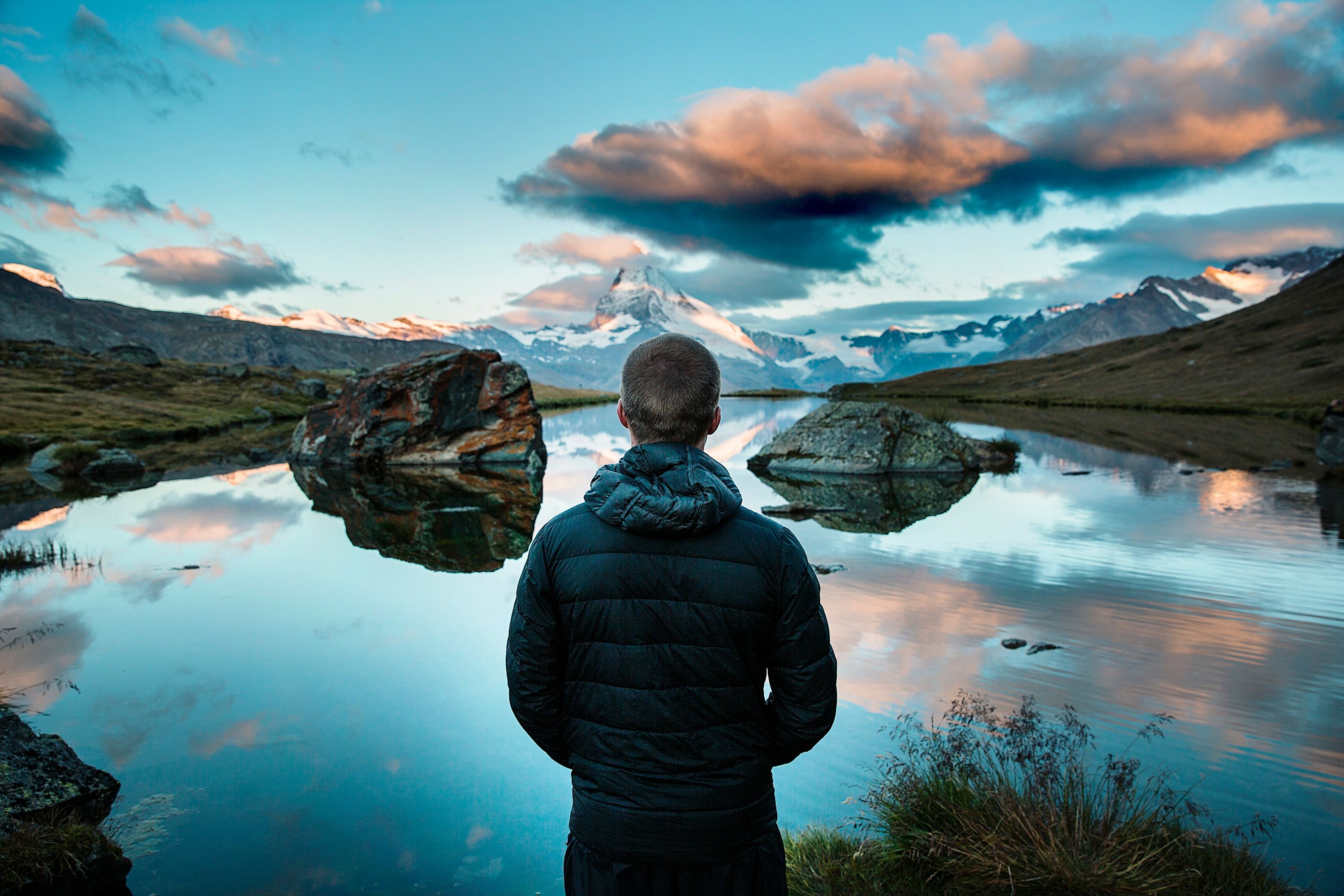The pandemic, as we go into the middle of a long winter in 2021, has affected everyone across all ages. Whether you are a two year who hasn’t seen another toddler for twelve months or an older person who is shielding alone with only phone and video calls and doorstep chats for company or a 26 year old flat sharing in a cramped apartment, you are being affected.
We are told that experiences are to be had in certain decades. We are told that certain decades, the 20s, 30s, 40s and beyond, are FOR certain things. We are even told that certain feelings dominate certain decades with people in their 20s assumed to be happy and joyous and people who are in the 70s or 80s assumed to be unhappy and lonely.
Feelings and experiences do not respect the boundaries of the decades. And neither should we respect socially imposed boundaries on our feelings and lives. Yes, of course, there are certain experiences that are more likely to, or may happen more readily, in a certain time period but this is often because your peer group are sharing them or because there are biological limitations on certain things. Though, in truth, the evidence that women cannot easily become pregnant in their mid 30s is flawed and inconsistent and there are many men and women who struggle to conceive in their supposedly fertile teens and twenties. Also, many people go through their teens and twenties without friends who share any of their enthusiasms as anyone who has tried to get someone to go along to a certain film, gig, event or experience knows all too well.
Feelings and experiences can be had at any time. Twenty somethings can feel lonely and frustrated, older people can feel joy and desire. Middle aged people can feel excited as well as tired. Younger people feel enthusiasm as well as sadness. Decades may be dominated by certain experiences because of the way the education / work / relationship cycle still tends to work but more and more people are stepping off the escalator of work and relationships and are embracing alternative timelines. I am one of those people. I chose to open, and then end, my ten year marriage when I was 40 and now, at 45, I am living alone and happy doing so (again, most of the time – it’s not a 24/7 joy fest especially when there’s a leak in the ceiling at 8pm or a power cut at 10pm). I am also, essentially, single. Though I have more friends and connections in my life than ever before, I don’t have a “primary” partner. I’m expected to believe that being single and living alone in my 20s is FUN and being single and living alone at 45 and even 50 is SAD. Why? I notice that it is both of these things on an ongoing and alternating basis. It is challenging AND wonderful. Life tends to be a mix of both.
Accidents, illness, good or ill fortune, can happen at any time. I know of people who had babies as a teenager, who lost limbs in an accident in their 20s, who did further education in their forties, who lost parents in their teens or 30s or before, who went self employed in their 50s. Loneliness, grief, joy, desire, promotion, unemployment, love, loss, good luck and bad luck. They can happen at any time. And they affect us all in different ways depending on our circumstances, support networks and own levels of emotional resilience.
We do not know what life will hand us or when. We can only play the cards we are are dealt in the best possible way.
The media tends to reinforce the stereotypes re age. The pages of magazines and papers, as well as our social media feeds, show only 20 year olds at a pop music festival and only older people at a folk one. They show us older people with walking sticks. They show us thirty-five year olds with a baby carrier and a briefcase. We need to see beyond these images and look around at us at the world, as well as within. How do we feel now and what do we love to do? How much doe age have to do with most of that? Especially outside of social and cultural norms around family plans and work/education. One of the more memorable things from Gretchen Rubin’s The Happiness Project was, for me the idea that the things you love around age 7 are the things you will always love. So, writing, looking at recipes, music and books for me. These haven’t changed much either. I’ve gained more interests as I’ve grown but I’ve always just been ME at every age. My passions and enthusiasm have ebbed and flowed due to my circumstances not because of my age, not because of a line in the sand that marked a decade passed or entered.
Our friends and family can, via social media, or via their behaviour, also try to police us or control us. They can ask rude, insensitive or careless questions, they can make assumptions about our plans because we’ve hit a particular birthday or a relationship milestone. They can tone police and activity police us by telling us, directly or indirectly, that doing certain things, or NOT doing certain things, is not okay. At 45, pandemic aside, I still go to music festivals (both rock and pop), I still go dancing at clubs as well as go to restaurants and bars and theatres and cinema. I love to shop, read, bake cakes and cookies, go to BDSM events, write and walk. I love to do SO many different things and it was only when I chose to do things that were not considered the “norm” that I was criticised. We need to step beyond assumptions based on the time that has elapsed since they were born and look instead at the individual, who they are, how they feel, what they have dealt with to date, what they truly want and need.
Society also tends to treat us in certain ways at certain ages. As men and women, we are often dismissed in our teens and twenties as TOO young and then, in our forties and fifties as TOO old. We all need to raise our voices against the rigidity of these assumptions but we also need to be wary of exaggerating the role of age. The youngest person to shoot a Vanity Fair cover is a 23 year old – but if they’ve had a passion for photography since a young age it is the TIME invested that is important as well as the talent that has been nurtured and encouraged and not the AGE of the person. We all blossom at different times and we all have different circumstances and experiences that play a part in how our younger, and older, years go. You’re not a failure because you’re not peaking at a life goal before 20. You aren’t failure if you’re not writing your first novel at 80. For me, my youth was dominated by parental anxiety and alcoholism as well as at least six-eight changes of school and home before the age of 11. My passion was reading and learning and I had no one overriding hobby or interest which means that, now, I’m a strong generalist with good critical skills and lots of varied interests and activities. We are all different. Let’s celebrate that diversity.
And, as I’ve felt myself and seen reflected in the anxious or humorous comments on my feeds, many of us are concerned that our “hottest” years are being lost to COVID-19 or that we will come out the other side of it looking and feeling “old”. While many may (and do) mock these feelings as trivial, I totally understand this anxiety. I have nothing but enormous sympathy for those who are missing out on important things due to time issues and constraints right now – it is a genuine tragedy. Anxiety about ageing and appearance is also real, valid and very much socially created. Our energy, our self care and our sense of self are, outside of cliché and stereotype, what generate our attractiveness. Now is as good a time as any to really push back on these concepts of age defined attractiveness. It serves no-one. We all, if we are lucky, age and the more readily we can learn to accept and feel content with our changing bodies the more joy there will be in us and the world.
We should focus on values and behaviour not age. The core values for me are honesty, authenticity, respect and kindness. We should also be sensitive to circumstances and experience. Everyone’s life is different. The role of adverse childhood experiences as well as mental and physical diversity need to be acknowledged and accounted for. The role of privilege and also challenges based on how we look and where we are from, even how we are named, needs to be witnessed and accounted for.
As long as you have chosen and then act according to some core values and as long as you’re working towards growth, whatever that looks like for you right now, then you will be beloved of the sky.

Scorned as timber, beloved of the sky – painting by Emily Carr







